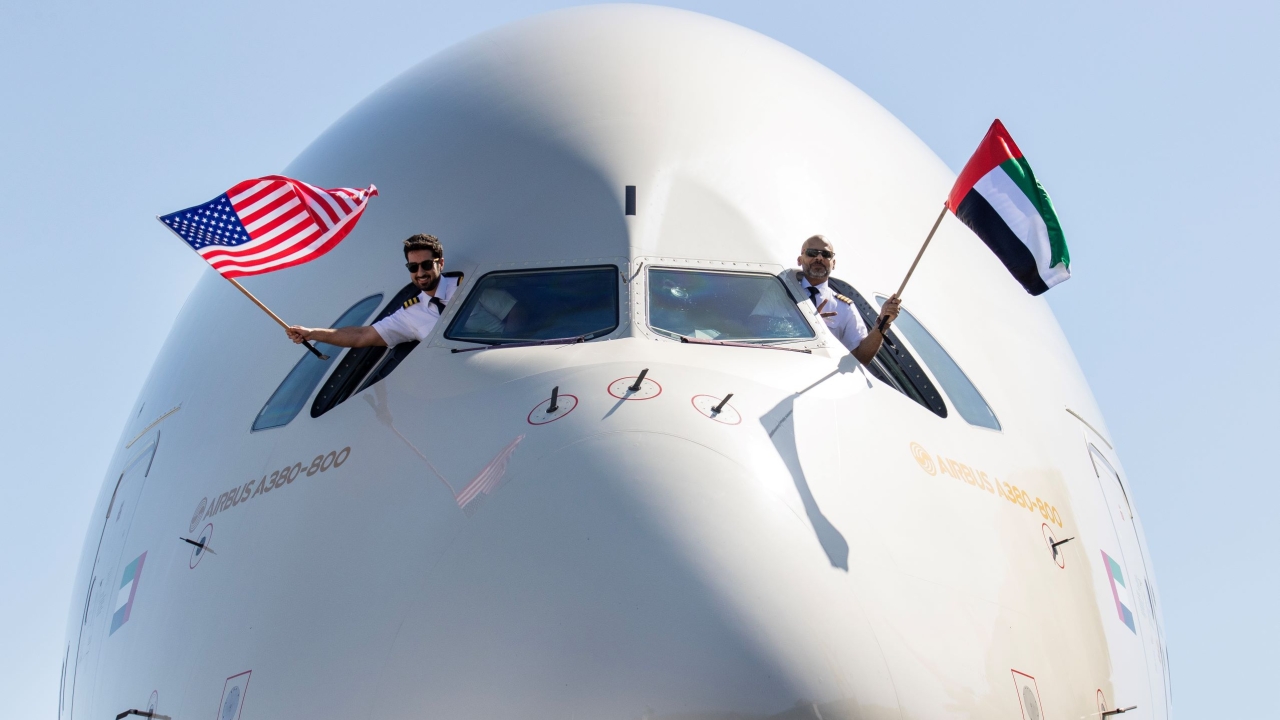Middle East carriers outpace the world in latest IATA results

The Gulf nations in particular are enjoying acceleration in non-oil sectors of their economies, further supporting strong demand for air travel, IATA said. Capacity rose 12.5% and load factor climbed 0.6 percentage points to 78.9%.
This compares with a global growth of 5.4% compared to February 2013. Although this global change represented a slowdown compared to the January traffic increase of 8.2%, cumulative traffic growth for the first two months of 2014 was 6.9%, which compares favorably with the 5.2% overall growth achieved in 2013.
February capacity rose 5.2% and load factor climbed 0.2 percentage points to 78.1%. All regions except Africa experienced positive traffic growth.
“People are flying. Strong demand is consistent with the pick-up in global economic growth, particularly in advanced economies.” said Tony Tyler, IATA’s Director General and CEO.
Africa was the slowest growing region with an increase of 0.1%, according to IATA’s latest passenger traffic reports.
Over the same period, African airlines added 4.1% capacity into the market, resulting in a reduction in the average passenger load factor (the percentage of fare-paying seats per plane which were sold) to 63.7% vs the global average 78.1%.
The weakness over recent months in part could reflect adverse economic developments in some parts of the continent, with the slowdown in the major economy of South Africa, as well as growing competition from airlines based outside the region, IATA said.
“The strong demand for air travel at a time of rising business and consumer confidence is indicative of the symbiotic relationship between aviation and economic growth. The connectivity provided by aviation both enables and sustains trade and development, while economic activity creates demand for aviation. Governments that treat aviation as if it were a luxury item--or a necessary evil--are depriving their populations of a key engine of growth and job creation,” said Tyler.
Stay up to date
Subscribe to the free Times Aerospace newsletter and receive the latest content every week. We'll never share your email address.

